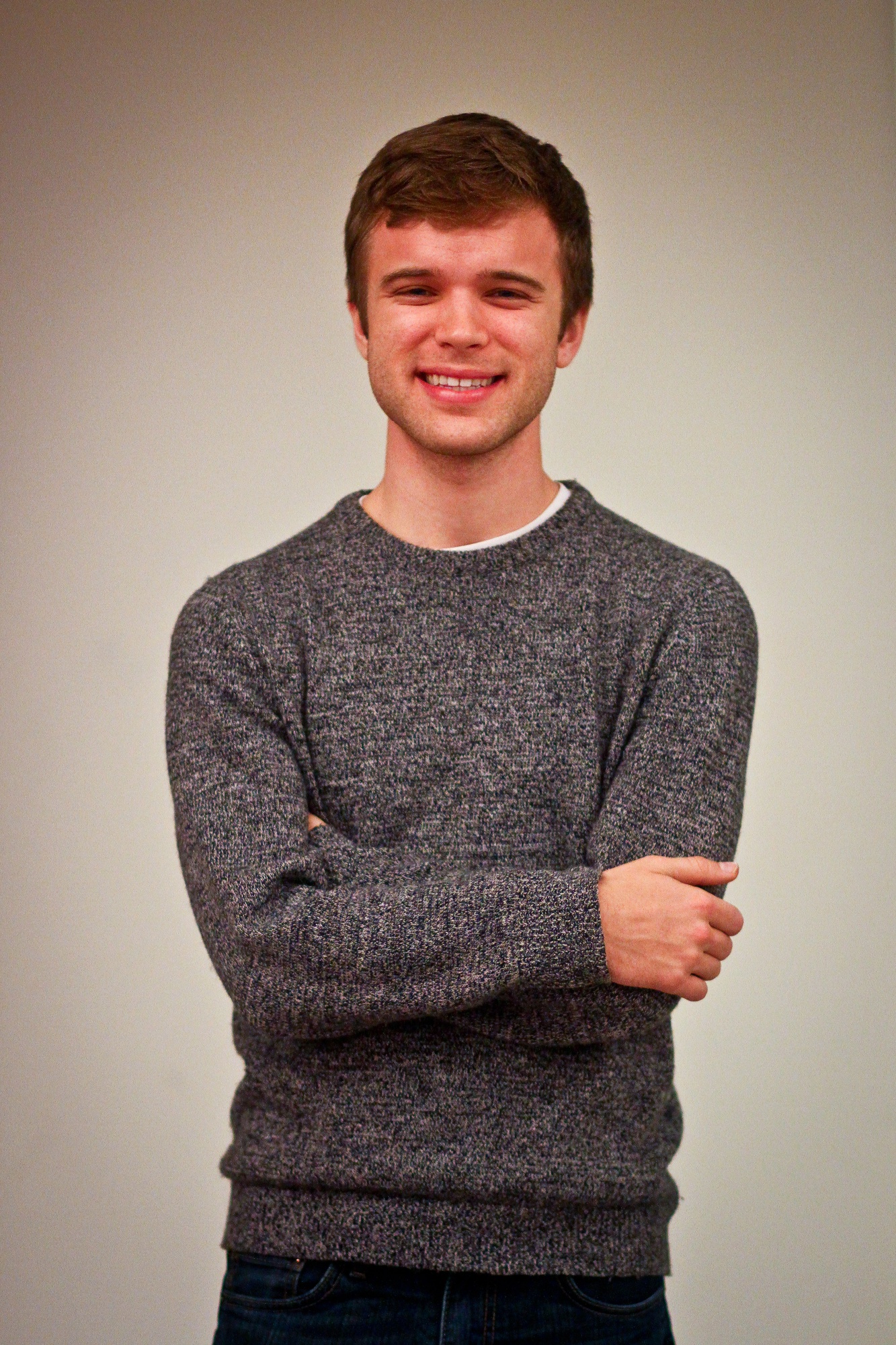
Rainer A. Crosett
At first, Rainer A. Crosett ’14 sounds like he has familiar story, as far as student musicians go. He started playing piano at age five, picked up the cello (his instrument of choice) at nine, but waited until he was 13 to seriously apply himself. Since then, he’s excelled at the latter instrument.
You might expect that he’s self-obsessed. You could be forgiven for assuming that he’d be content, in future years, to be ushered about from concert hall to concert hall like some automaton, regurgitating symphonies on command. As it turns out, though, he’s an activist-cum-artist with an indomitable will to serve.
By attending a liberal arts college, Crosett rejected the traditional first step in the career of a professional musician. (He’s currently pursuing a joint degree at New England Conservatory, where he’ll spend next year finishing up his studies.)
“I think it’s so enriching for musicians to have this liberal arts education,” he explains. “What you get at conservatory is so much more limited, in terms of the opportunities to explore and to meet and learn things from people who aren’t just doing their art seriously.”
Over the course of his Harvard career, Crosett has played in the Harvard Radcliffe Orchestra and the Brattle Street Chamber Players. Despite this consuming focus on music, his interests are hard to deal with summarily. For instance, he’s a philosophy concentrator, a member of the Signet Society, and was elected a member of Phi Beta Kappa Junior 24.
He’s also rabidly interested in human rights. During his freshman year, Crosett helped found the International Women’s Rights Collective and served as its vice-president for two years, before focusing his attention on human rights in North Korea. He took a summer internship in South Korea, working at an NGO that primarily helps defectors from North Korea assimilate into South Korean life. He organized a fundraising concert that raised ten thousand dollars.
“That was the first moment I realized that doing music can be really powerful in terms of connecting with people and starting a conversation about things they might not know, or things they might have a different perspective than you about,” he says of the experience.
Back at Harvard, he joined (and later directed) Harvard Human Rights in North Korea. The group campaigned for a year, gathering funds for a North Korean patient stricken with tuberculosis. Again, Crosett organized a resoundingly successful recital.
Crosett is not an artist in isolation, content to play his music, refusing to engage with the world around him. Take, for example, his role in founding the Boston Philharmonic Youth Orchestra, which traveled to Amsterdam’s world-famous Concertgebouw last June to play Mahler’s second symphony.
“By the end of the concert, everyone was just so overwhelmed by emotion,” he says. “Just to have that experience, and to finish that with that group—there was not a dry eye in the orchestra.”
Post-graduation, Crosett doesn’t want to stick to a single passion. “Some people might say, well, you just simply have to pick one, but I don’t think that way,” he adds.
Crosset is interested in combining social change and classical music. Referencing Venezuela’s youth orchestra program El Sistema, he says, “I think it really shows how music education can have a profound impact on people’s lives, and inspire them, and create opportunities. I would love to be involved in something like that.”
Crosett hopes to emulate his favorite philosopher, Immanuel Kant. He explains, “There’s something so ambitious about his project—to really, in every respect, create a moral theory—that is so inspiring. Maybe it’s just because I’m idealistic.”
If Rainer Crosett is idealistic, it’s forgivable. He couples ambitious dreams of synthesizing diverse interests with an insatiable desire to act.


